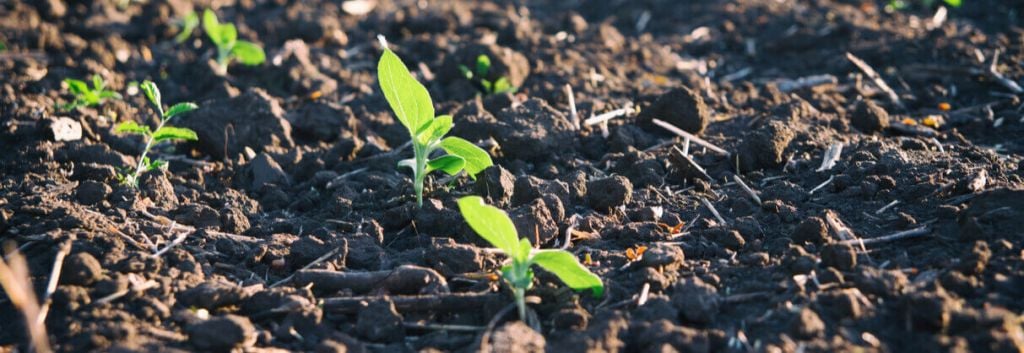Aphea.Bio has gathered a total of €9M in funding to start working on a new technology to produce biopesticides and biostimulants for European agriculture.
Belgium has a new biotech that will be dedicated to developing sustainable, microorganism-based biopesticides and biostimulants. Aphea.Bio has raised €7.7M in a Series A round led by the Belgian life sciences investor V-Bio Ventures in addition to a €1.3M grant from Flanders Innovation & Entrepreneurship (VLAIO).
The technology behind the new company has been spun out from research on the microbiome and plant-bacteria interactions at Ghent University, KU Leuven and the VIB. “A large number of microorganisms that coexist with plants haven’t been isolated so far, yet our expertise allows us to exploit this untapped microbial space,” said Isabel Vercauteren, CEO of Aphea.Bio, in a statement. “Our applications are focused on staple crops such as wheat, barley and maize, because they offer the most valuable European and global market opportunities.”

Biopesticides are alternatives to traditional pesticides aimed at overcoming the accumulation of toxins in the soil. The World Health Organization (WHO) reports that pesticides are responsible for up to 5 million cases of poisoning each year, of which 20,000 are lethal.
This new alternative englobes natural biomolecules and living microorganisms as well as genetically-encoded proteins. They are often less toxic than conventional pesticides, target pests specifically without affecting other organisms and decompose faster. These advantages are spurring the rapid growth of the biopesticide market, which is expected to go from €3Bn in 2016 to close to €8Bn by 2022.
In addition to microbial biopesticides, Aphea.Bio also wants to tap into biostimulants, which provide an alternative to fertilizers to increase yields by improving nutrient and water assimilation as well as increasing tolerance to stress. The biostimulant market is predicted to reach €2.6Bn by 2021.
While Europe struggles with establishing regulations for GMOs, Aphea.Bio could circumvent the issue by going after natural biological alternatives and take a bite off two rapidly growing markets.
Images via hurricanehank, Lals Stock / Shutterstock





